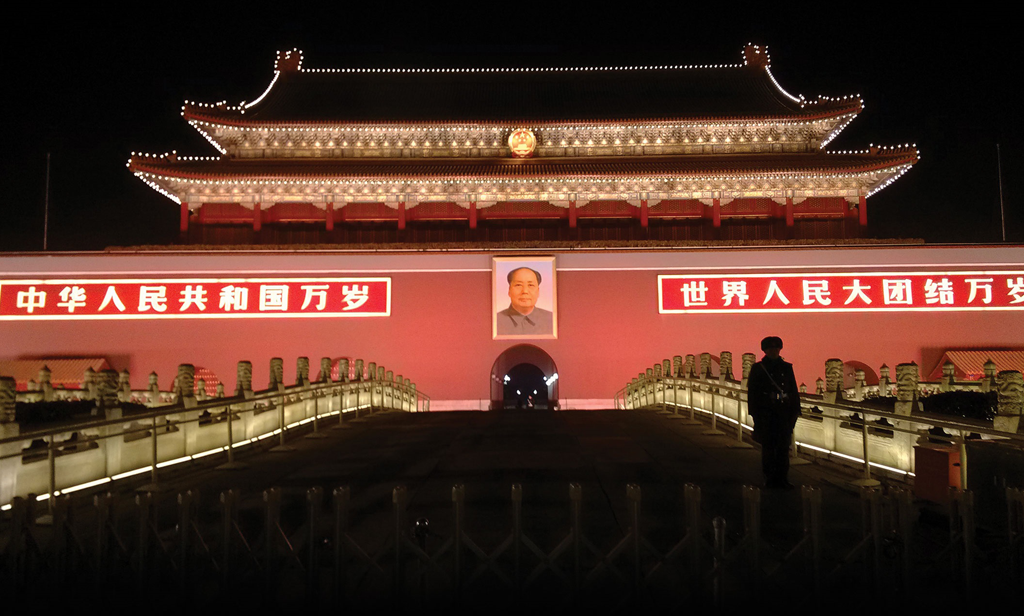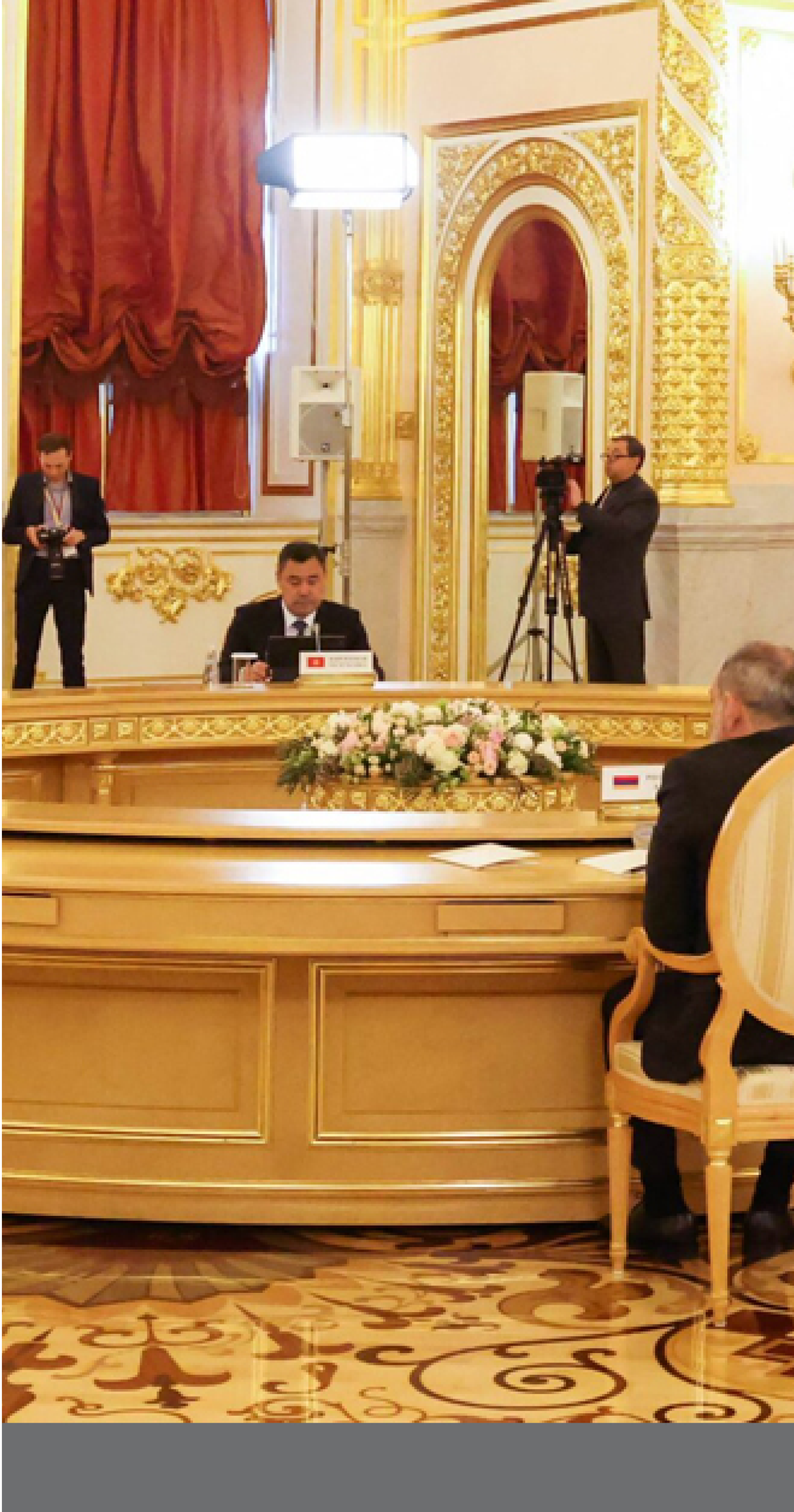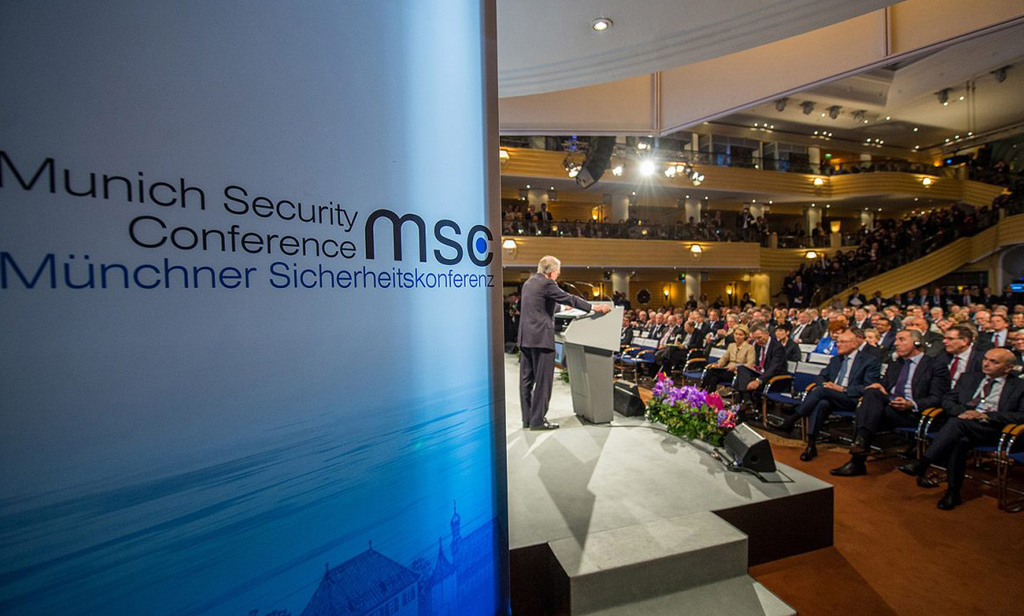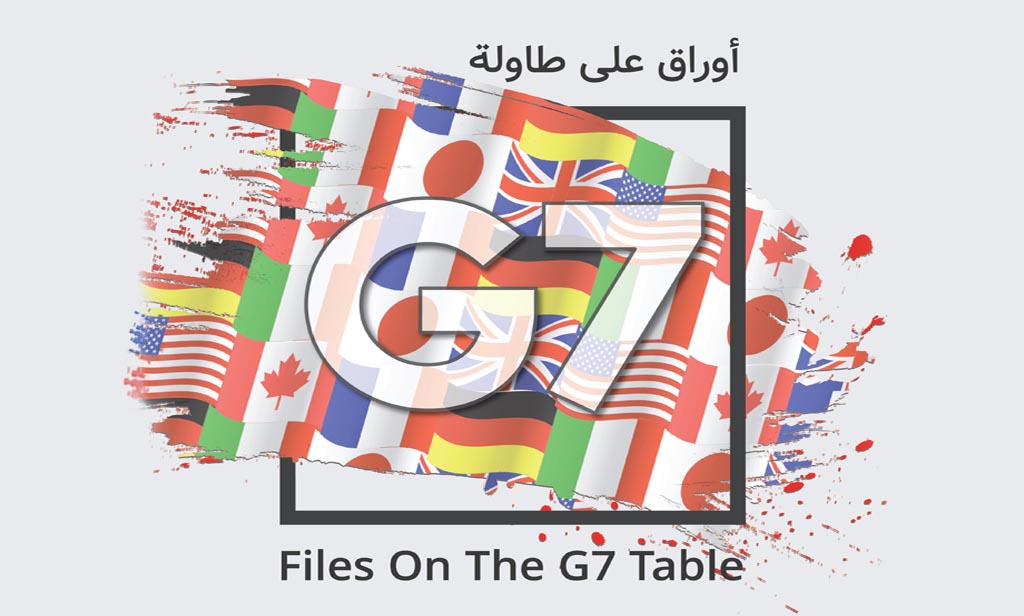International and Global Trends
PRISM: Who Wants to Be A Great Power
After years of worrying about ethnic conflict and humanitarian intervention, civil wars and counterinsurgency, there is a renewed focus among policymakers, think-tankers, and academics on traditional strategic concerns and in particular confrontation between competing great power who aspire to achieve their goal of being a superpower; Accordingly, What are the negative and positive implications of achieving this goal?
Author: Prism: Sir Lawrence Freedman
Date of publication: 09/04/2021

After years of worrying about ethnic conflict and humanitarian intervention, civil wars and counterinsurgency, there is a renewed focus among policymakers, think-tankers, and academics on traditional strategic concerns and in particular great power confrontation. In this regards, those states with the greatest power should be the most secure, able to make threats and offer inducements to persuade lesser powers to get in line. For this reason, countries of any size and natural endowment might be expected to aspire to great power status. Accordingly, What are the negative and positive implications of achieving this goal?

This study expresses the viewpoint of its author, and the Strategies Center does not bear any responsibility resulting from the position or opinion of its author regarding security, political, economic, social, and other issues, and does not necessarily reflect the position and/or viewpoint of the Center.

Advertising space title
Description of the advertising space. Upon the client’s initial approval of the design, this text will be removed.
Most viewed publications
Economy and Energy Policy
Jordan's Railway Projects: Aspirations and Challenges
Emerging Threats and Non-Traditional Security
Asymmetric Threats:A Study in the Transformations of Traditional Deterrence Strategies
Countering Terrorism and Extremism
Sudan: The Country Hijacked by Islamists and Targeted for Burial by Iran
International and Global Trends
The Gaza War and the Military Deployments in the Region of the World’s Great Powers
Arab policy
Amman, Cairo, and Baghdad: Towards a pioneering development partnership











